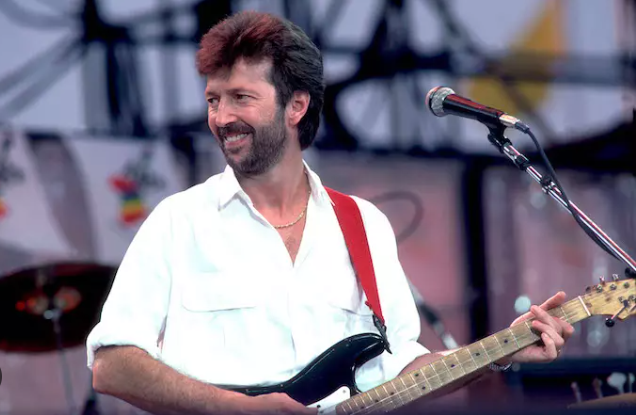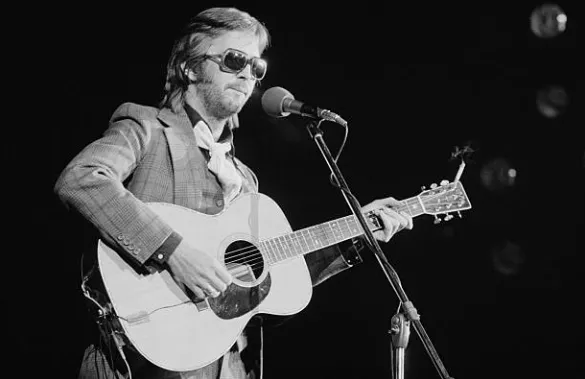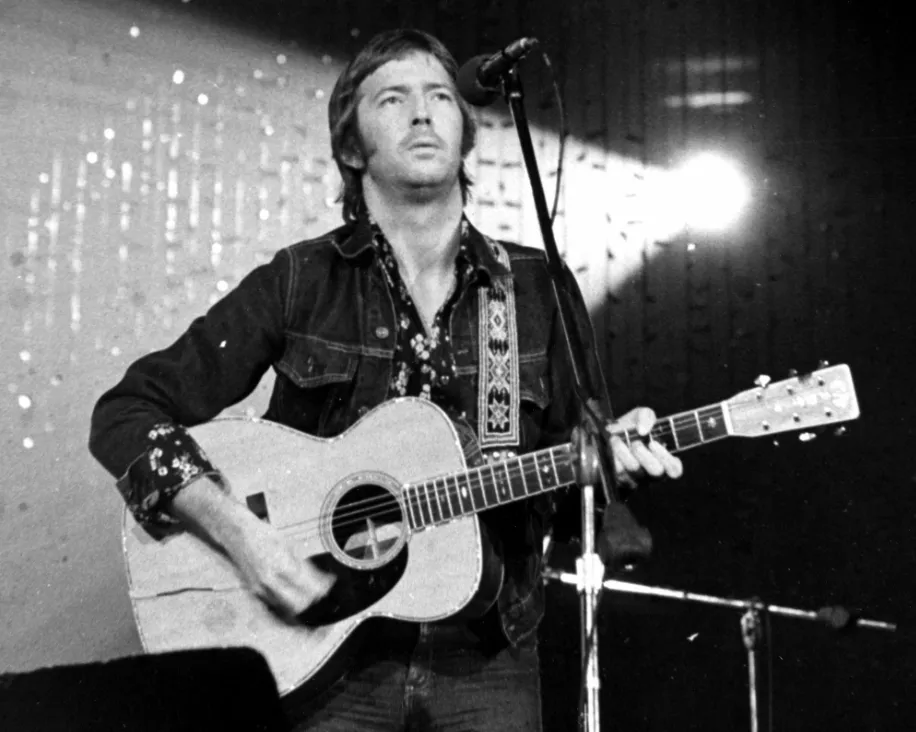Tulsa Time: Eric Clapton's Timeless Ode to Musical Fusion and Personal Freedom
(watch the video below)
"Tulsa Time" by Eric Clapton stands as a quintessential piece in the mosaic of rock, blues, and country music. This 1978 hit encapsulates the spirit of musical exploration, transcending genre boundaries, and expressing the universal desire for personal freedom and belonging. This essay delves into the song's historical context, musical elements, lyrical themes, and its enduring legacy in the landscape of popular music.
Eric Clapton, renowned for his virtuosic guitar skills and emotive vocals, has left an indelible mark on the world of music. Among his extensive repertoire, "Tulsa Time" remains a standout track, notable for its infectious groove, memorable lyrics, and unique blend of musical genres. Released in 1978 as part of his album "Backless," the song became an instant hit, resonating with audiences worldwide and solidifying Clapton's status as a musical icon. In this essay, we explore the multifaceted layers of "Tulsa Time," examining its cultural significance, musical innovations, and enduring appeal.

To truly understand the essence of "Tulsa Time," one must delve into its historical context. The late 1970s marked a period of transition in popular music, with artists increasingly experimenting with different styles and pushing the boundaries of traditional genres. Eric Clapton, who had already established himself as a pioneer in blues and rock, sought to expand his sonic palette by incorporating elements of country music into his repertoire. Inspired by his experiences touring in the United States and his admiration for American roots music, Clapton set out to create a song that would pay homage to the rich musical heritage of the American Midwest, particularly the city of Tulsa, Oklahoma.
At its core, "Tulsa Time" is a masterclass in musical fusion, seamlessly blending rock, blues, and country influences to create a sound that is both familiar and refreshing. The song opens with a catchy guitar riff, instantly drawing listeners in with its irresistible groove. Clapton's vocals, gravelly yet soulful, deliver the lyrics with a sense of conviction and authenticity, capturing the essence of life on the road and the longing for a place to call home. The instrumentation, featuring twangy guitars, driving rhythms, and tasteful piano accents, further enhances the song's dynamic energy, transporting listeners to the honky-tonks and juke joints of small-town America.

Embedded within "Tulsa Time" are themes of wanderlust, independence, and the search for belonging. The protagonist of the song expresses a desire to break free from the constraints of time and societal expectations, opting instead to live life on their own terms. Lines such as "Well, I left Oklahoma drivin' in a Pontiac / Just about to lose my mind" evoke a sense of restlessness and longing for change, while the chorus refrain of "Livin' on Tulsa time" serves as a declaration of independence and a rejection of conformity. Despite the transient nature of life on the road, there is an underlying sense of optimism and resilience, as the protagonist finds solace in the freedom of the open highway and the promise of a new beginning.
"Tulsa Time" resonated deeply with audiences upon its release, becoming a commercial success and earning critical acclaim for its innovative blend of musical styles. The song's infectious groove and relatable lyrics struck a chord with listeners from all walks of life, solidifying its status as a timeless classic. Moreover, "Tulsa Time" helped to bridge the gap between different musical communities, bringing together fans of rock, blues, and country music in a celebration of shared heritage and cultural exchange. In the decades since its release, the song has been covered by numerous artists and featured in various films, television shows, and commercials, further cementing its place in the pantheon of iconic musical compositions.

In conclusion, "Tulsa Time" by Eric Clapton stands as a testament to the power of musical fusion and the universal themes of freedom, belonging, and self-expression. Through its infectious groove, heartfelt lyrics, and innovative blend of rock, blues, and country influences, the song continues to captivate audiences and inspire generations of musicians around the world. As we reflect on the enduring legacy of "Tulsa Time," we are reminded of the transformative power of music to transcend boundaries, unite communities, and express the shared human experience. In essence, "Tulsa Time" is more than just a song—it is a timeless ode to the enduring spirit of musical exploration and personal freedom.
Video
Lyrics
Let's sing along with the lyrics !
Well I left Oklahoma
Driving in a Pontiac
Just about to lose my mind
I was going to Arizona
Maybe on to California
People all living so fine
My momma called me crazy
My baby said I'm lazy
Gonna show em all this time
Cause you know I ain't no fooling
I don't need no more damn school
Want to just walk the line
Living on Tulsa time
Living on Tulsa time
Gonna set my watch back to it
Cause you know me, I've been through it
Living on Tulsa time
So there I was in Hollywood
Thinking I was doing good
Talking on the telephone line
They don't want me in the movies
Ain't nobody sing my song
Momma says my baby's doing fine
So then I started thinking
And I got to weaken
I really had a flash this time
I had no business leaving
Ain't nobody would be grieving
Seen I'm on Tulsa time
Living on Tulsa time
Living on Tulsa time
Gonna set my watch back to it
Cause you know me, I've been through it
Living on Tulsa time



